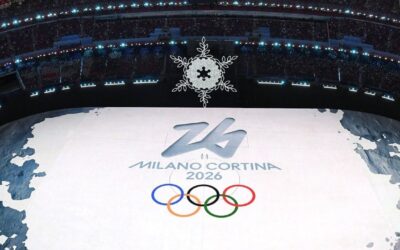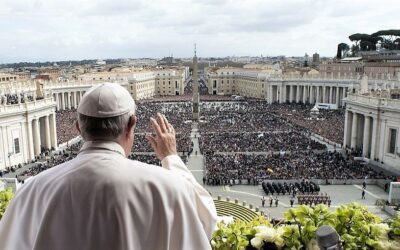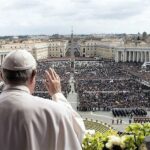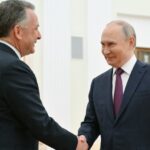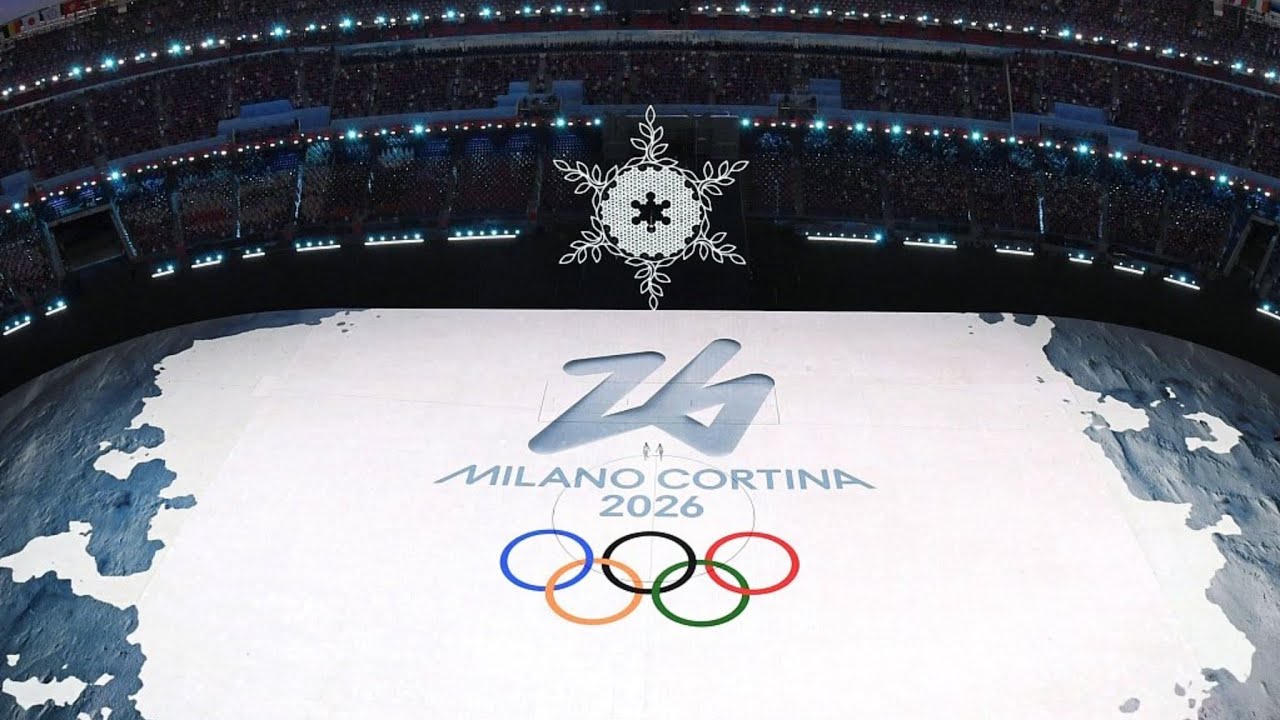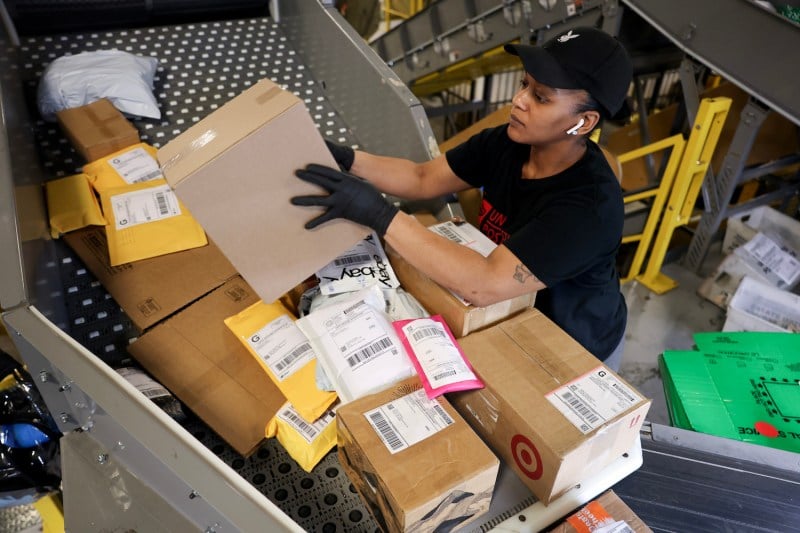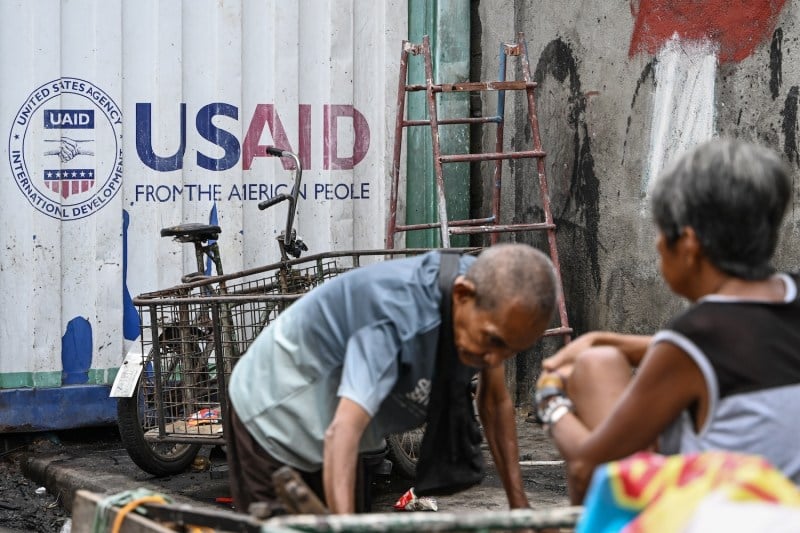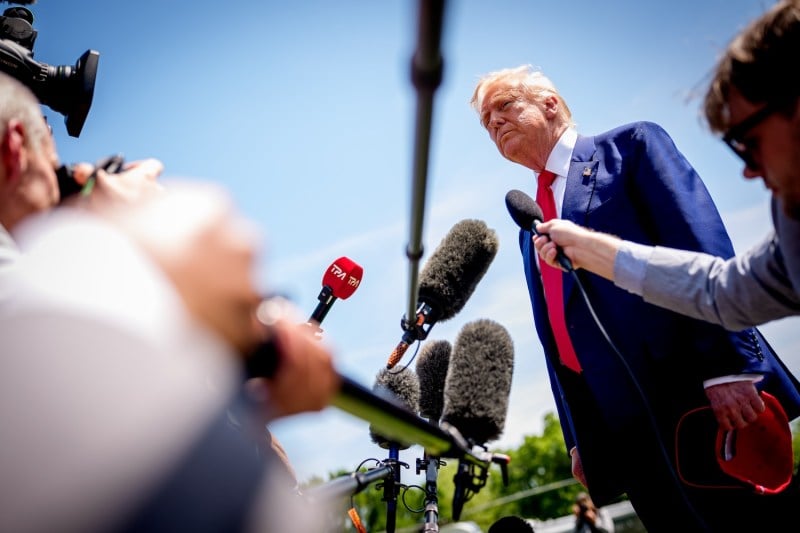The death of Pope Francis and the beginning of an era of change: What awaits the Vatican?
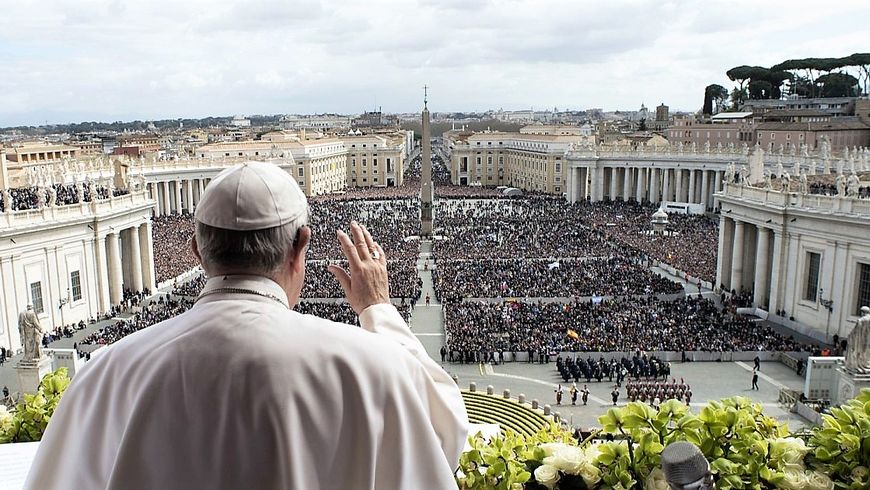
On April 21, 2025, Pope Francis, the spiritual leader of the world’s 1.3 billion Catholics, died at the age of 88. His death launched the process of electing a new pontiff, who will determine the course of the Catholic Church for years to come. According to tradition, the conclave, an assembly of cardinal electors, must begin no later than 20 days after the Pope’s death. To win, a candidate must win the support of two-thirds of the votes (at least 90 out of 135 cardinals). But behind the dry figures lies a complex tangle of political, religious and social challenges that the new head of the Vatican will have to solve.
Francis’ pontificate will be remembered for the active involvement of the Vatican in global processes. Under the auspices of missionary and humanitarian projects, he strengthened the influence of Catholicism in Africa, where the number of believers is growing rapidly. However, his initiatives often caused controversy. Support for dialogue with the LGBT community, criticism of consumer society, and calls for the protection of migrants were at odds with the conservative views of some of the clergy. Francis also tried to rethink the role of the Church in world politics by mediating in conflicts, but his efforts in the Ukrainian direction were criticized for passivity.
Special attention is focused on the participation in the conclave of Mykola Bychok, the head of the Ukrainian Greek Catholic Diocese, who openly supports the Ukrainian Armed Forces. His presence raises the question: will support for Ukraine become part of the new Pope’s political agenda? Under Francis, the Vatican refrained from harsh assessments of Russia’s actions, limiting itself to general calls for peace. This caused discontent among some Ukrainian believers, who accused Rome of ignoring “violations of Christian rights” in the occupied territories. One of the main intrigues is whether the new pontiff will be able to become a bridge for dialogue or strengthen the split. Today, the stakes are higher than ever: resolving issues from attitudes towards LGBT people to the war in Ukraine could split the College of Cardinals.
One of the symbols of Francis’ ecumenism was his rapprochement with Patriarch Bartholomew of Constantinople. Their initiative — the common celebration of Easter by Catholics and Orthodox Christians — was a step towards overcoming the centuries-old schism. Will the course change after the conclave? A conservative pope may curtail dialogue, which will freeze interfaith relations. A liberal one risks deepening the conflict with the traditionalists.
The new Pope will take the throne in an era when the Church is balancing between globalization and identity, peace and conflict, faith and politics. Will he, like Francis, be able to speak the language of modernity, or will he return to rigid dogma? The answer will be given by the conclave, whose decisions will be reflected far beyond the Vatican — from Kiev to Kinshasa. In the meantime, as in the frame from the Conclave, passions are boiling behind the walls of the Sistine Chapel, reminding us that even within the sacred walls there is no place for purity.
